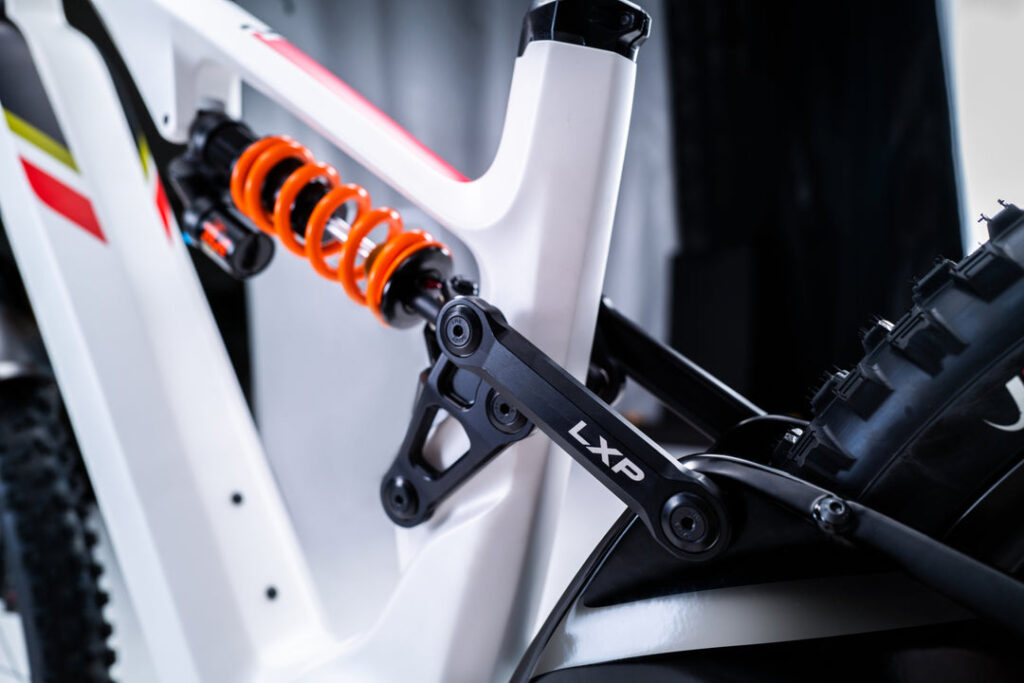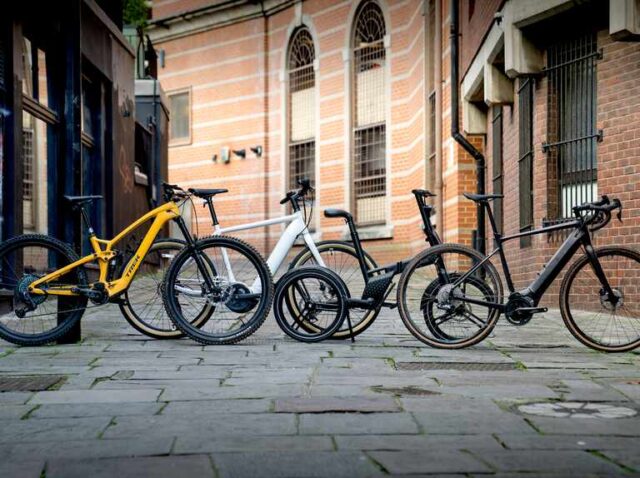Are you sick of standing in packed trains and buses every day? Do you long for a travel option that is both greener and more productive? Electric mobility bikes are the way to go.
These cutting-edge bicycles have an electric motor that makes pedalling easier, faster, and more enjoyable. But before you make the purchase, you should weigh the benefits and drawbacks of having an electric bicycle.
We’ll cover everything from the positive environmental impacts to the possible downsides to how to find the best e-bike to suit your needs, so you will be able to make the right decision in the end. We hope to help you discover the excitement in this new way of going around town.
What is an electric bicycle?

An electric bicycle, sometimes known as an e-bike for short, is a specific kind of bike that comes equipped with a battery and an electric motor.
The cyclist is aided by the motor while they are pedalling, and this makes it simpler to ride over long distances or climb over steep slopes. There are many different types of electric bicycles available, such as folding bikes, mountain bikes, and city bikes.
Depending on the type, the electric motor of an e-bike can be controlled in a variety of ways. Some require the rider to pedal in order to activate the motor, but others include an accelerator that enables the rider to control the speed of the vehicle without having to pedal at all.
The amount of power that is produced by the motor on an electric bicycle can also vary widely; some models offer only a moderate amount of assistance, while others can achieve top speeds of up to 42 kilometers per hour.
People who are interested in a more environmentally friendly means of transportation that provides greater flexibility without compromising convenience or comfort will find that electric bicycles are an excellent option.
Pros of electric bicycles

For the pros, electric mobility bikes are great for the environment and do not produce any emissions, making them an excellent choice for people who are interested in reducing their overall carbon footprint.
In comparison to other forms of transportation such as private automobiles or public transportation, they have an exceptionally low cost of operation.
The ability to use electric bicycles in bike lanes and cycle pathways makes it simpler and less stressful to commute in crowded towns without having to worry about being stuck in traffic.
They are also easy to maintain because, unlike gas-powered vehicles, they do not need frequent tune-ups to function properly.
Another benefit is that riding an electric bicycle does not require a licence or any kind of specialised training; anyone can easily pick up the skills necessary to operate one of these bicycles.
Along with this, they offer sufficient adaptability so you can decide whether you want the power options to be dependent on the throttle or the pedals.
Due to the fact that the motor aids your pedalling efforts, riding an electric bike is an excellent form of exercise that is yet slightly simpler than riding a standard bicycle.
People who may not have been able to enjoy cycling in the past due to physical limitations may now be able to do so more easily thanks to accessibility features.
Owning an electric bicycle comes with a variety of advantages, like being kind to the environment, being economical, being practical for commuting, and enhancing the fitness of the rider through the exercise that the pedalling provides.
Cons of electric bicycles

Although electric bicycles offer many benefits, they do have a few downsides. Before making a purchase, it’s important to consider the following drawbacks:
Cost is an important consideration. Owning an electric bicycle may come at a higher cost than a traditional bike.
Though there may be a wide range of prices, from several hundred dollars to thousands of dollars, depending on the model and features you desire, the cost is still higher if you are moving from a traditional bike to an electric one.
Additionally, weight may pose a concern for certain individuals. With the added battery and motor, there is the extra weight that can affect the controlling or maneuvering the bike especially in crowded spaces.
When it comes to operating any vehicle, safety should always be a top priority – and e-bikes are no exception. As a rider, e-bikes with their motors pushing it at a fast speed can make you feel not too safe.
So, compared to driving in a vehicle or riding a traditional bike where you are fully in control of the bike with your pedalling, electric bike could make you feel a bit vulnerable to accidents.
Although these drawbacks shouldn’t dissuade you from purchasing an electric bicycle entirely, it’s important to recognise them before making a decision. This will help you manage your expectations appropriately.
How to choose the right electric bicycle

Before anything else, consider the purpose you have in mind for your bicycle. Are you planning to use it for your daily commute or for leisurely rides on smooth pavements? Are you considering taking your adventure off the beaten path or embarking on extended journeys?
You should also take into account the dimensions and weight of the bicycle. With their battery and motor components, they can be slightly heavier than traditional bikes. Choose a model that suits your comfort level so you can enjoy the ride. Many people go for the Electric Unicycle aka EUC, an alternative to electric bikes.
The range is also an important factor to consider. How far can your bike take you on a single charge? The optimal performance of your ride hinges on a variety of factors, including the terrain, your weight, and the assist level settings.
You need to make sure to purchase from trustworthy brands that provide warranty services in the event of any potential malfunctions down the road.
Conclusion
When it comes to owning an electric bicycle, the decision ultimately boils down to your individual preferences and lifestyle. Weighing the advantages and disadvantages is important, but at the end of the day, it’s all about what works best for you.
The takeaway here is that electric mobility bikes have truly transformed transportation for countless individuals, offering a convenient and environmentally conscious option that surpasses traditional modes of travel.



